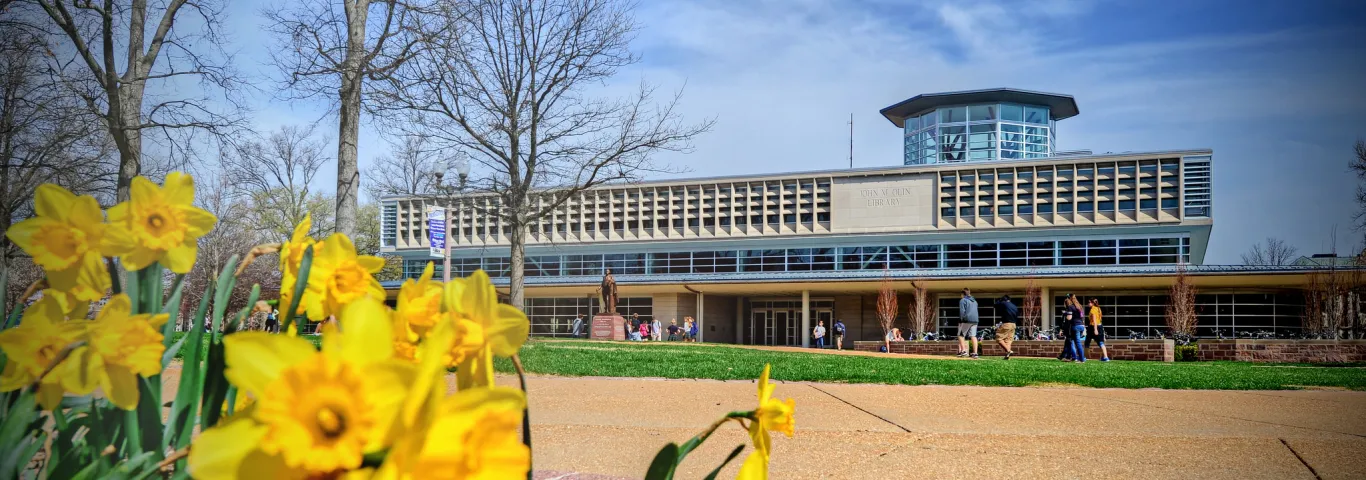Overview
The Philosophy and Philosophy-Neuroscience-Psychology (PNP) PhD programs include coursework, teacher training, professional development, and supervised dissertation research.
Students are not generally required to study any foreign language or fields outside philosophy (with the exception of empirical coursework for PNP students), but students might be individually required to pursue such studies for their particular research program. Some of our students complete coursework in Classics, Political Science, or Women, Gender, and Sexuality Studies (WGSS).
Our PhD programs are administered by the Director of Graduate Studies (DGS) in Philosophy (Matt McGrath), the Director of PNP (Casey O'Callaghan), and the Graduate Program Administrator (GPA) for Philosophy (Jessica Gibson).
Degree Requirements
Our degree requirements are stated in the University Bulletin:
PHILOSOPHY PHD DEGREE Requirements
Students can keep track of their progress using this checklist:
Orientations, Mentoring, and Advising
The DGS coordinates a departmental orientation prior to Fall semester for incoming students, to supplement the orientation sessions organized by the Office of Graduate studies in Arts and Sciences. At that time, students select a mentor other than the DGS for an additional source of advice, with whom they meet regularly, although of course all the faculty and graduate students serve as unofficial advisors to each other.
The DGS is the academic advisor for Philosophy students and co-advisor (with the Director of PNP) for PNP students. Academic advisors meet with students regularly to discuss course enrollment, leaves of absence, and research or study in absentia, and must authorize students to register each semester.
In addition, the DGS coordinates a departmental orientation on teaching, which is required for all students participating in a Mentored Teaching Experience (MTE). This supplements the Center for Teaching and Learning orientation for first time MTE participants.
Annual Review and Probation
All graduate students are reviewed formally by the faculty every spring, and the DGS shares the individual results of that review in letters to each of the students.
Students who fail to fulfill program expectations or to perform satisfactorily in courses and MTEs may be put on probation, whose terms call for specific achievements by specific dates to avoid dismissal from the program. Students should familiarize themselves with the Department's probation policy:
Philosophy Graduate Probation Policy
As well as with WashU's graduate probation policy.
Teaching
Philosophy and PNP PhD students are required to complete four semesters of Mentored Teaching Experience (MTE), usually in their second and third years. This entails serving as an Assistant in Instruction (AI) for Philosophy and PNP courses. There are also paid opportunities for students to teach courses for University College and the Arts & Sciences Summer Session.
Students should familiarize themselves with the Department's graduate student teaching policies:
Travel Funding
The Philosophy Department is often able to support some travel for graduate students to events that promote their professional development. There is no entitlement to such support per student or annually. Further information is here:
Travel SUpport Guidelines for Philosophy and PNP Graduate Students
Applications for travel funding should be submitted through this webform:
Application for GRADUATE Travel Funding
We recommend submitting in advance of travel for preapproval.
Graduate Study in Absentia
The department supports students who want to study or conduct research at other institutions; students should familiarize themselves with our policy on graduate study in absentia:
Philosophy Graduate study In absentia policy
As well as with the Arts & Sciences policies on Regular Enrollment.
Leaves of Absence
Students should consult the Arts & Sciences policies on Leaves of Absence and WashU's policy on parental leave for students.
University and Arts & Sciences Policies and Concentrations
Completion of the Philosophy and PNP PhD programs requires compliance with policies an fulfillment of concentration administered by the Arts & Sciences Office of Graduate Studies. Students are responsible for knowing these policies and concentrations:
- University policies for graduate education
- Arts & Sciences academic information about doctoral degrees
- Arts & Sciences policies for graduate education
- Academic and Professional Integrity Policy for PhD Students
This includes the timely submission of several forms:
- Research Advisory Committee
- Title, Scope, and Procedure
- Program Completion
- Dissertation Defense Committee
MA Requirements
Students in our PhD programs can receive a Master of Arts once they have completed their required course work and fulfilled the qualifying examinations requirement.
